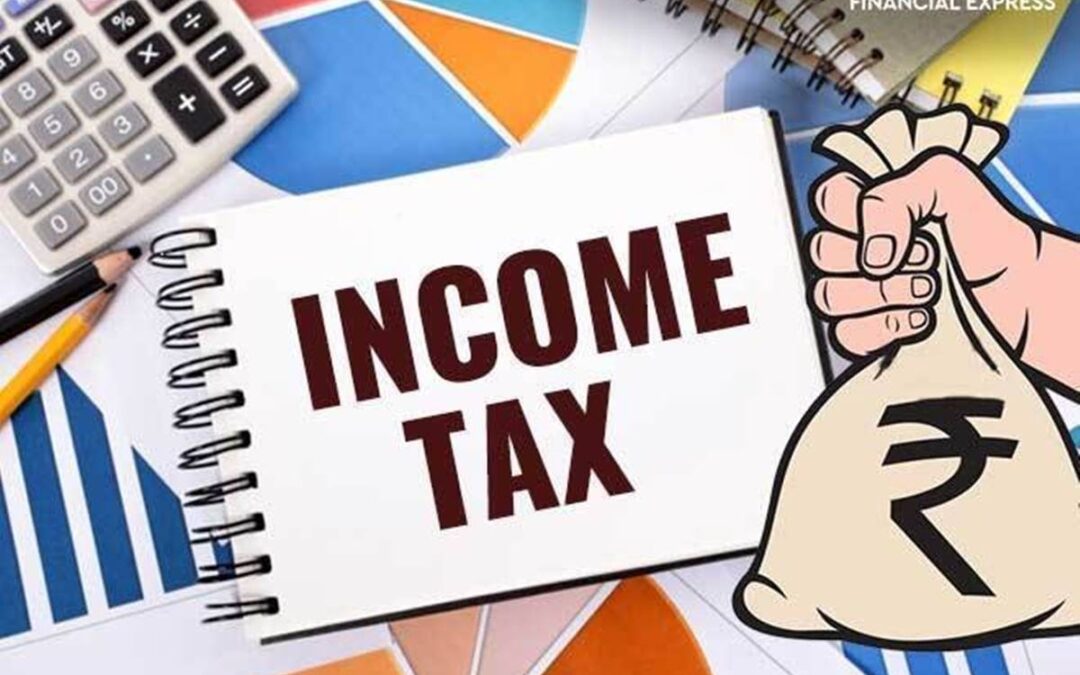The Income Tax Act, 1961 (hereinafter referred as the Act) has been enacted in accordance with Entry 82, List I, Schedule VII of the Constitution of India, 1950. It was enforced on 1 April 1962. Thus, the Act makes the income of an individual constitutionally taxable. There are five heads under which the income of an individual can be taxed by the Central Government under Ss. 14-59, Chapter IV of the Act. These are as follows-
- Income under the Head ‘Salary’ (Ss. 15-17, Part A, Ch-IV of the Act)
- Income under the Head ‘House Property’ (Ss. 22-27, Part C, Ch-IV of the Act)
- Income under the Head ‘Profits & Gains from Business/Profession’ (Ss. 28-44DB, Part D, Ch-IV of the Act)
- Income under the Head ‘Capital Gains’ (Ss. 45-55A, Part E, Ch-IV of the Act)
- Income under the Head ‘Other Sources’ (Ss. 56-59, Part F, Ch-IV of the Act)
Thus, all the sources of incomes have been comprehensively covered under the Income Tax Act, 1961. An interesting aspect to be noted here is that, for income under the head ‘salaries’ a relationship of employer-employee should be established. However, the salaries of the judges of the Supreme Court or High Court is made taxable under the head ‘salaries’, although there’s no employer because Articles 125 & 221 expressly provide about their salaries, as was held in Justice Deoki Nandan Agarwala v Union of India (1999) 237 ITR 872 (SC).
Author: Kritika, Third Year Law Student, Army Institute of Law, Mohali
Yet another Lawyer who happens to indulge in the gratification of reading and writing the Language of Law.
Yet another Lawyer who is trying to be better than yesterday.
